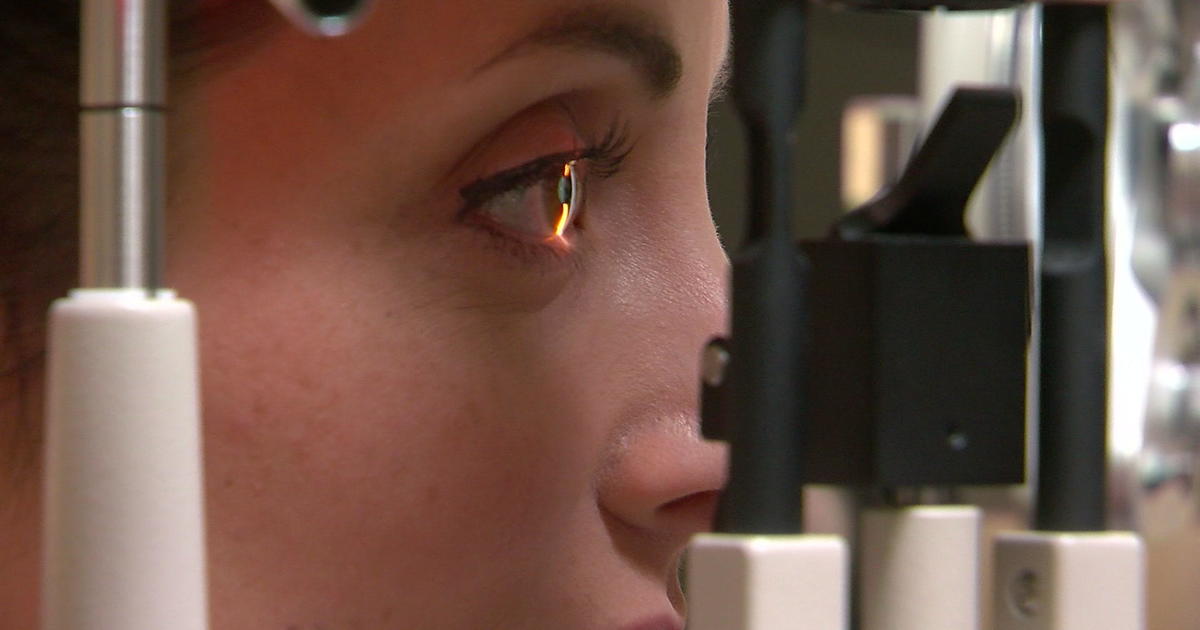Unbalanced Diets Could Cause Copper Toxicity
PITTSBURGH (CBS) -- You've heard it time and again – foods like kale, coconuts and avocados are good for you.
But you know what they say about too much of a good thing.
Experts say there's something metallic lurking in those foods, in our water and elsewhere that could be making us feel miserable.
"People will come in with very non-specific symptoms," internist Dr. Svetlana Kogan said. "They feel moody, have depression, difficulty falling asleep."
After some investigation, Kogan says, increasingly, she finds copper is the culprit.
"Copper is an essential element," she said.
Like iron, our bodies need copper for normal growth and health. Certain foods like shellfish, leafy greens, cashews and chickpeas are naturally high in copper.
"If somebody is consuming excess," Kogan said, "they could certainly be at risk."
At risk for a condition known as copper toxicity.
"If you had six cups of coffee and you're feeling jittery, that's the feeling to describe copper toxicity," Kogan said.
She says an increase in vegetable-based diets may also be contributing to copper overload.
"Vegetarians are not getting enough foods that are supposed to displace copper," she said, "like beef, chicken. Those foods are sometimes necessary in this high copper environment."
Environmental exposure to things like copper water pipes may also be a factor.
"We always recommend to have your water tested," plumber Rob Zadotti said.
Zadotti says if the pH of your water is not within a safe range, it will start to deteriorate the lining of copper pipes. And while you might not be able to taste the copper in your water, there are other telltale signs it's there.
"Bluish stains or greenish stains on their tubs," plumber Mike Jackson said.
Jackson recommends a water filtration system.
As for treating copper toxicity, Kogan prescribes an infared sauna.
"The patient is literally sweating out the toxins," she explained.
But most importantly, she says it's important to eat foods that are balanced.
"Full of rainbow-colored vegetables and fruits and avoid focusing on one food group," she said.
Prolonged use of estrogen medications, such as birth control pills, may also contribute to an increased level of copper in the body.
Several studies have shown that daily exposure to copper can lead to Alzheimer's disease and other forms of dementia.
Join The Conversation On The KDKA Facebook Page
Stay Up To Date, Follow KDKA On Twitter



